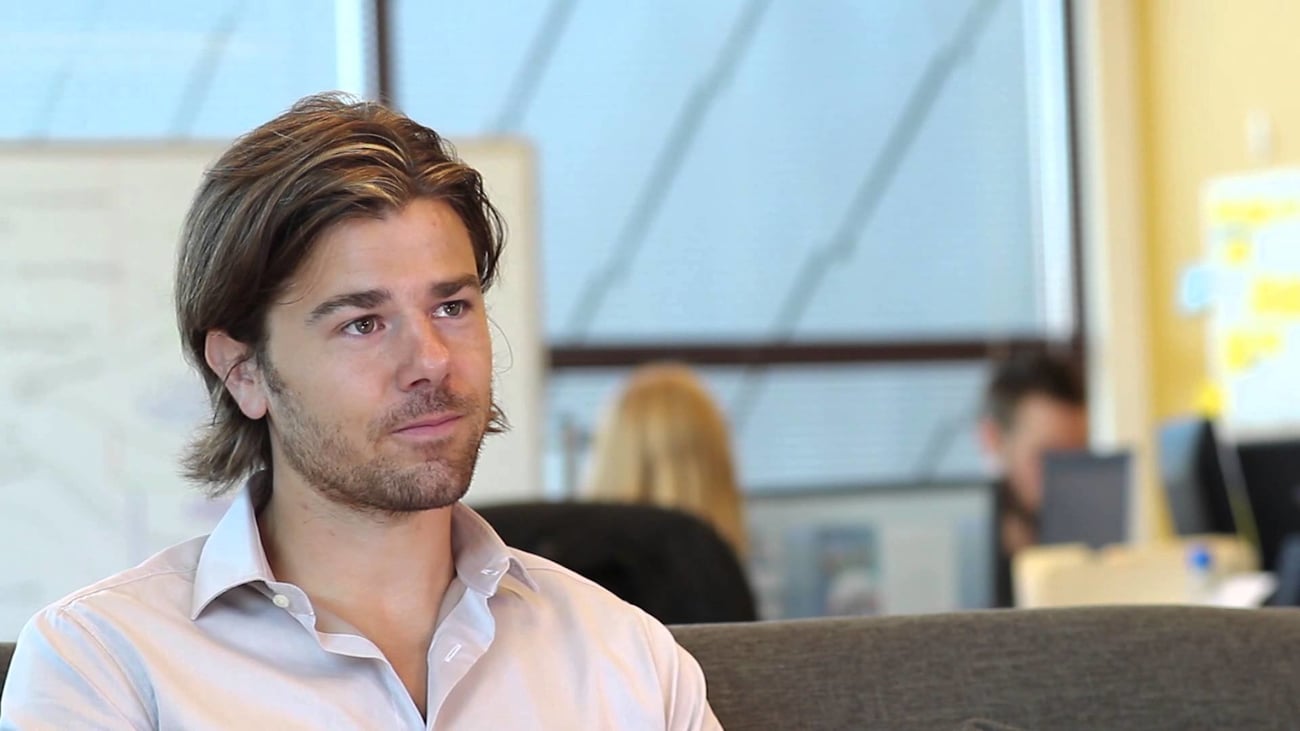
Dan Price earns around US$1 million (NZ$1.3m) per year. As the CEO of Gravity Pavements in Seattle, it’s on par with the average market rate a CEO of his calibre makes, he says.
But earlier this week, Price took a more-than-90% pay cut, and reduced his own salary to US$70,000 (NZ$92,230). It will match the new minimum salary policy he’s setting for the entire 120-strong workforce in the company.
The plan is to stagger the salary increases over a three-year period, with everyone reaching $60,000 by December 2016, and eventually, $70,000 the following year.
It’s an ambitious plan, and an extremely costly publicity stunt, if there ever was one. According to Ryan Pirkle, a company spokesman, 30 staffers will ultimately double their salary. The average salary at Gravity is currently $48,000 per year.
The announcement came about after growing income inequality had become an issue on Price’s mind, especially after hearing about a friend’s struggle to pay for rent on an afternoon walk.
An academic article submitted to the National Academy of Sciences on the correlation between people’s well-being and their level of income was what ultimately sealed the deal, Price says. It showed extra money makes a big difference to people who earn less than the $70,000 mark.
The issue of inequality
The debate around the ever-growing gap between the have-and-have-nots is chugging along ever stronger, and the numbers shows the disparity continues year on year.
Data from December of last year revealed that a bare 0.004% of the world’s adult population controls nearly US$30 trillion of assets – or 13% of the globe’s wealth. As it stands, there is one billionaire for every three million people in the world.
In a New Zealand context, Idealog extrapolated some numbers (issue 55 “pink issue”) and found that Kiwis were just outside the richest 15% of the world’s population.
However, that sense of relief is somewhat diminished when Kiwis realise the number includes third-world countries, and the average wage of a teacher on our shores is just below NZ$48,000 per year.
After tax, that’s approximately $760 per week. For an estimated weekly household budget of $1,111.40 – according to New Zealand Now – some families may not be able to take care of themselves if an accident happens.
On the other hand, ANZ CEO David Hisco earns a whopping NZ$4.1 million per year, putting him into that elite 0.004% bracket.
That giant difference is something that IGC executive director Mike Hutcheson has commented on in the past. The idea of paying exorbitant salaries to CEOs for paper pushing activities is not only unfair, he says, but also that it is completely unsustainable.
In a business sense, recent research reported by the NZ Herald shows that this trend actually has a negative impact on New Zealand’s economic growth. According to the report, rising inequality has reduced our country’s economic growth by at least 10%, while greater equality in countries such as Spain, France and Ireland actually greatly help increase per capita GDP prior to the GFC.
The tale of one CEO
The jaws of several employees literally dropped as Dan Price made the announcement to his staff, while others started grinning uncontrollably. Whoops and cheers were had all around.
“The market rate for me as a CEO compared to a regular person is ridiculous, it’s absurd,” Price said. And truthfully, he doesn’t mind the cut. He drives a 12-year-old Audi, and prefers to spend his money on snowboarding and picking up the occasional bar tab.
“There will be sacrifices,” Price says. “But once the company’s profit is back to the US$2.2 million level, my pay will go back. So that’s good motivation.”
Gravity Payments started in Price’s university dorm room, and his staff, like most start-ups, is filled with young guns. After almost folding in 2008 when the recession hit, his employees stuck with him through the rough patch, and the company managed to struggle through without layoffs or raising prices to the customer.
Hearing about trying to make ends meet from his friends, even when they’re on salaries well-above the minimum wage, is what ultimately pushed Price to take the plunge.
“Is anyone else freaking out right now?” Price asked. “I’m kind of freaking out.”




